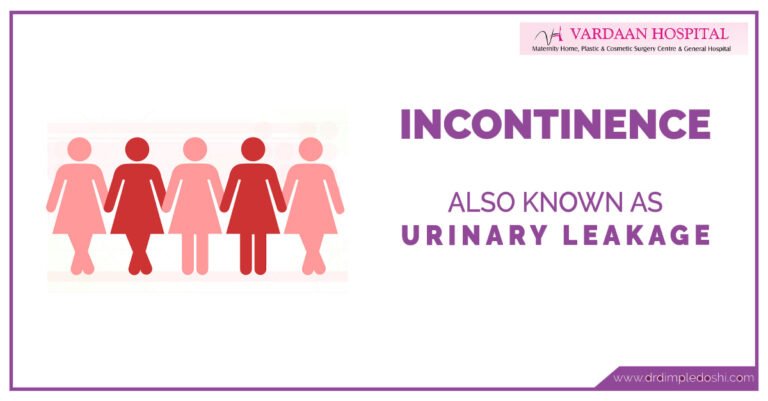Dr. Dimple Doshi (MBBS, MD, DGO)
Lady Gynecologist & Laparoscopic Surgeon
27+ years’ experience
20,000+ surgeries completed

Urinary incontinence affects millions of women—yet many suffer in silence, thinking it’s just a “normal part of aging” or something they must live with after childbirth.
This condition can deeply affect your confidence, intimacy, travel, social life, and peace of mind. It’s more than a physical inconvenience—it’s emotionally exhausting. Too many women isolate themselves, miss out on social events, or even plan their day around bathroom breaks.
Here’s the truth: You don’t have to live with leakage. With the right guidance, lifestyle adjustments, and medical care, urinary incontinence can often be controlled—sometimes even reversed. At Vardaan Hospital, Dr. Dimple Doshi offers compassionate, judgment-free care that empowers women to regain control of their bladder and life. Don’t suffer in silence—relief is possible.